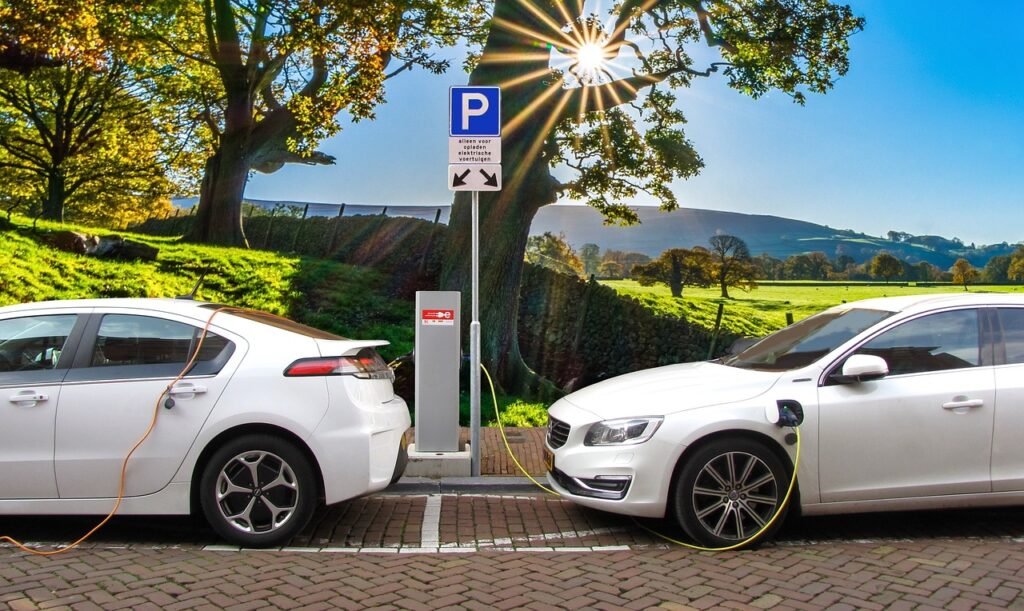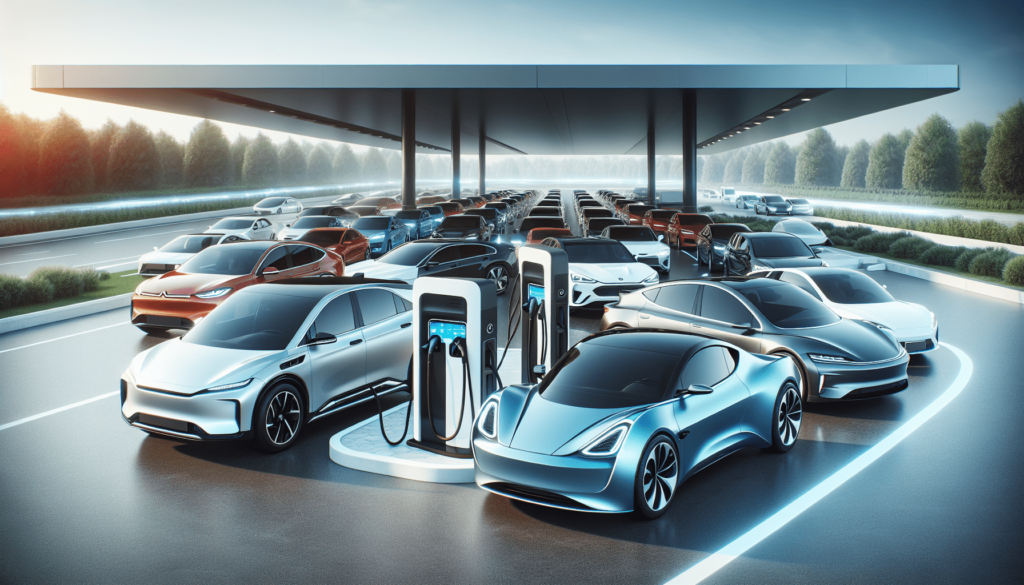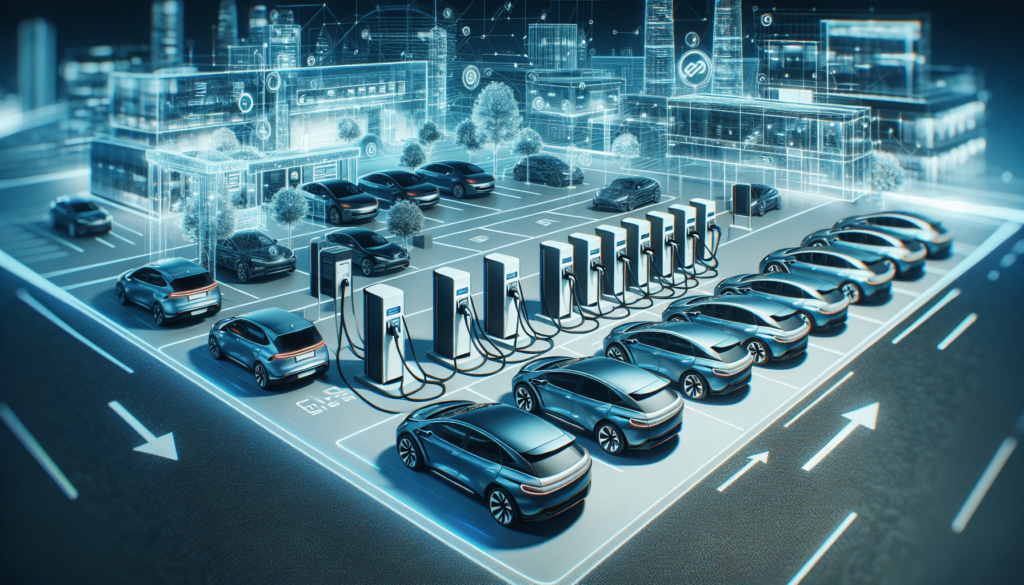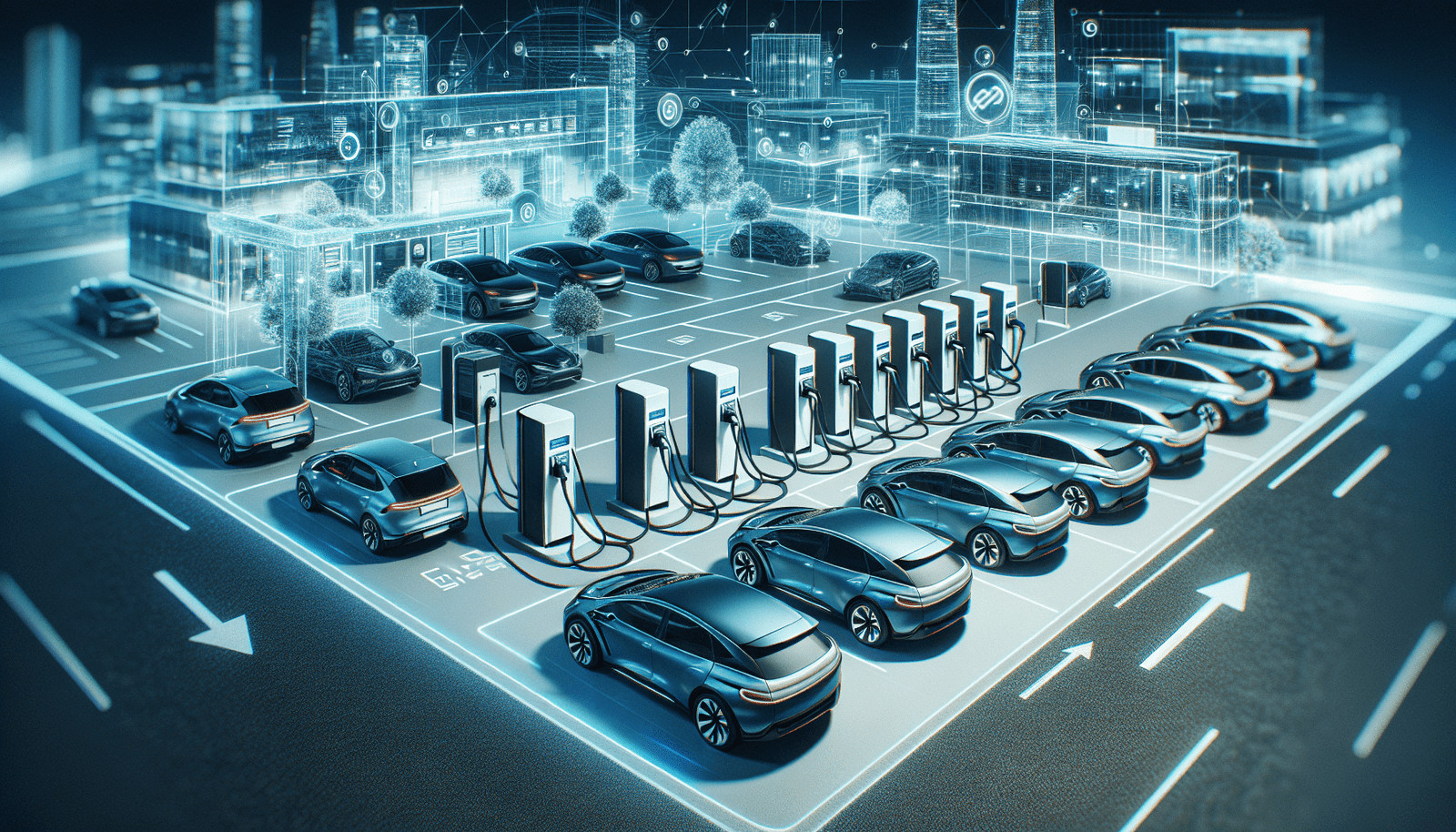Welcome to the exciting world of electric vehicle fleet management! As technology continues to advance, there have been significant developments in the way electric vehicles are managed and maintained within fleets. From advanced telemetry systems to improved charging infrastructure, the landscape of electric vehicle fleet management is constantly evolving to meet the needs of businesses and organizations looking to make the switch to sustainable transportation options. In this article, we will explore some of the key advancements in electric vehicle fleet management that are shaping the future of the industry. Stay tuned to learn more! Are there developments in electric vehicle fleet management?
Understanding Electric Vehicle Fleet Management
Managing a fleet of electric vehicles comes with its unique set of challenges and opportunities. From vehicle maintenance to charging infrastructure, there are various factors to consider when it comes to managing an electric vehicle fleet. In this article, we will explore the latest developments in electric vehicle fleet management and how these advancements can benefit your organization.
Benefits of Electric Vehicle Fleet Management
Electric vehicle fleet management offers numerous advantages, both in terms of cost savings and environmental impact. By switching to electric vehicles, organizations can reduce their carbon footprint, lower fuel costs, and take advantage of government incentives and tax credits. Additionally, electric vehicles require less maintenance compared to traditional combustion engine vehicles, leading to reduced downtime and lower maintenance costs in the long run.

This image is property of pixabay.com.
Key Developments in Electric Vehicle Fleet Management
As technology continues to advance, new developments in electric vehicle fleet management are constantly emerging. From intelligent charging solutions to data analytics platforms, these innovations are revolutionizing the way organizations manage their electric vehicle fleets. Let’s take a closer look at some of the key developments shaping the future of electric vehicle fleet management.
Intelligent Charging Solutions
One of the most significant developments in electric vehicle fleet management is the rise of intelligent charging solutions. These smart charging stations allow fleet managers to optimize charging schedules, monitor energy consumption, and remotely manage charging sessions. By leveraging intelligent charging solutions, organizations can minimize electricity costs, reduce charging times, and ensure that their electric vehicles are always ready to hit the road.
Data Analytics Platforms
Another important development in electric vehicle fleet management is the advent of data analytics platforms. These platforms collect and analyze data from electric vehicles, charging stations, and other fleet components to provide valuable insights to fleet managers. By harnessing the power of data analytics, organizations can optimize vehicle routes, predict maintenance issues, and improve overall fleet efficiency.
Vehicle-to-Grid (V2G) Technology
Vehicle-to-Grid (V2G) technology is another game-changing development in electric vehicle fleet management. This technology allows electric vehicles to not only consume electricity but also feed energy back into the grid when needed. By leveraging V2G technology, organizations can participate in demand response programs, sell excess energy back to the grid, and help stabilize the electrical grid. This two-way energy flow capability can have significant cost-saving benefits for fleet operators.

This image is property of pixabay.com.
Implementing Electric Vehicle Fleet Management Solutions
Now that we’ve covered some of the key developments in electric vehicle fleet management, let’s discuss how organizations can implement these solutions in their operations. From selecting the right electric vehicles to installing charging infrastructure, there are several steps involved in transitioning to an electric vehicle fleet.
Choosing the Right Electric Vehicles
The first step in implementing electric vehicle fleet management solutions is selecting the right electric vehicles for your organization’s needs. Consider factors such as vehicle range, payload capacity, and charging requirements when choosing electric vehicles for your fleet. Work with reputable manufacturers and dealers to ensure that you are investing in high-quality, reliable electric vehicles that meet your operational requirements.
Installing Charging Infrastructure
Another critical aspect of electric vehicle fleet management is installing the necessary charging infrastructure. Depending on the size of your fleet and operational requirements, you may need to install a combination of slow, fast, and rapid chargers at your facility. Work with charging station manufacturers and installation experts to design a charging infrastructure that can meet the demands of your electric vehicle fleet. Consider factors such as available space, power capacity, and integration with existing facilities when planning your charging infrastructure.
Training Fleet Managers and Drivers
Transitioning to an electric vehicle fleet requires proper training for fleet managers and drivers to ensure a smooth and successful implementation. Provide comprehensive training on electric vehicle operation, charging procedures, and maintenance requirements to fleet managers and drivers. Educate them on best practices for maximizing vehicle range, optimizing charging schedules, and responding to potential issues that may arise during operation.

This image is property of pixabay.com.
Case Studies: Real-World Examples of Electric Vehicle Fleet Management
To provide a better understanding of how electric vehicle fleet management solutions are being implemented in the real world, let’s take a look at some case studies of organizations that have successfully transitioned to electric vehicles.
Case Study 1: XYZ Company
XYZ Company, a delivery service provider, recently transitioned a portion of its fleet to electric vehicles to reduce fuel costs and carbon emissions. By implementing intelligent charging solutions and data analytics platforms, XYZ Company was able to optimize vehicle routes, reduce charging times, and improve fleet efficiency. As a result, the company saw a significant decrease in fuel costs and maintenance expenses, leading to increased profitability and environmental sustainability.
Case Study 2: ABC Corporation
ABC Corporation, a transportation company, integrated V2G technology into its electric vehicle fleet management strategy to participate in demand response programs and sell excess energy back to the grid. By leveraging V2G technology, ABC Corporation was able to generate additional revenue streams, reduce electricity costs, and support grid reliability. The company’s innovative approach to electric vehicle fleet management not only benefited its bottom line but also contributed to a more sustainable energy future.

Conclusion
In conclusion, electric vehicle fleet management is rapidly evolving, thanks to advancements in technology and innovative solutions. From intelligent charging stations to data analytics platforms, these developments are reshaping the way organizations manage their electric vehicle fleets. By understanding and implementing these solutions, organizations can not only reduce costs, improve operational efficiency, but also contribute to a cleaner and more sustainable future. Stay informed on the latest developments in electric vehicle fleet management to stay ahead of the curve and drive success for your organization.


